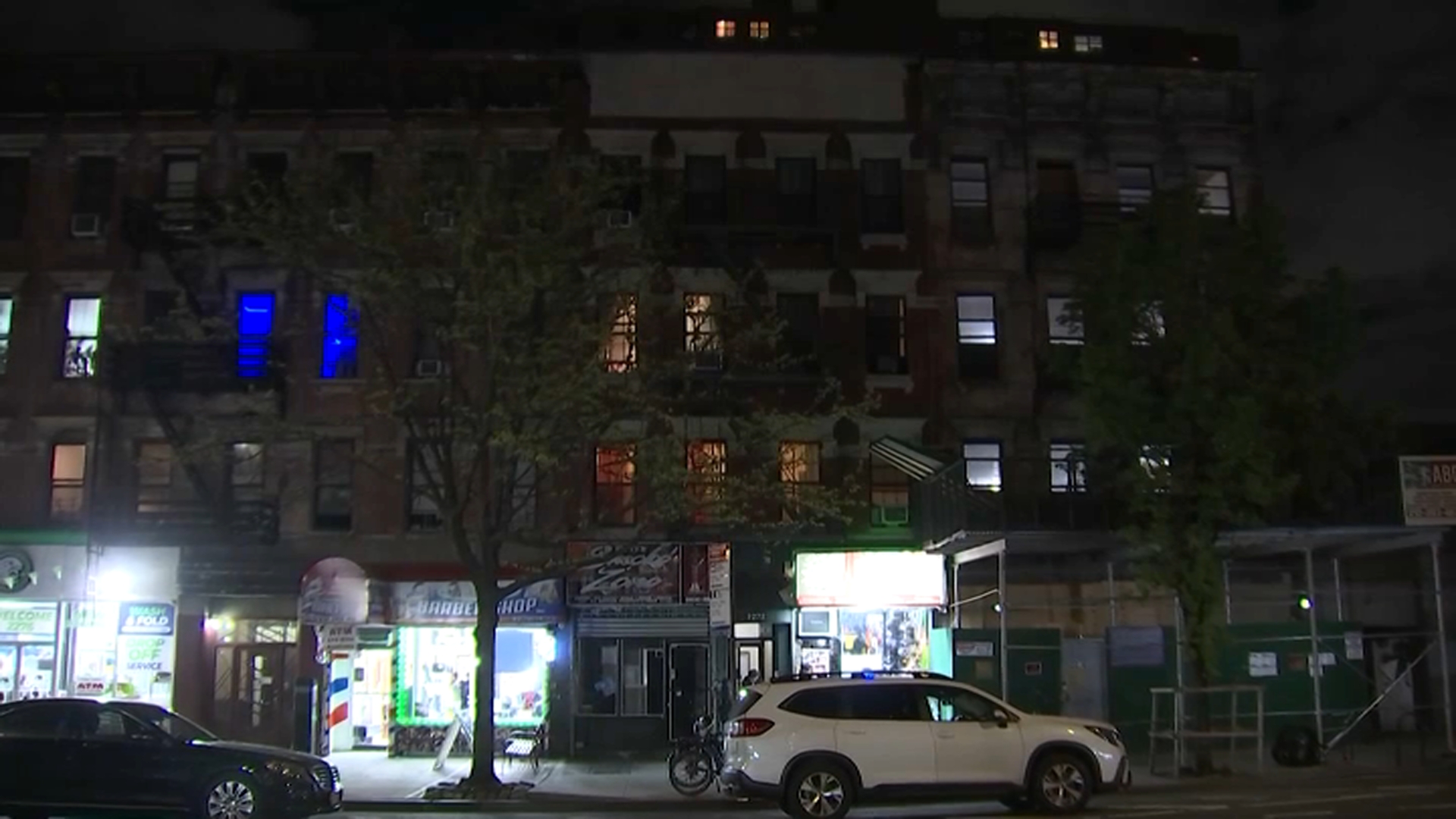For Haitian immigrants, taking refuge in the United States might have seemed like an easier way of getting back on their feet after their homeland suffered a catastrophic earthquake in January -- but it’s not as easy as they once thought.
Two days after the 7.0 magnitude quake, refugees started pouring out of Haiti any way they could -- many flew to the United States on tourist visas, on military places, on humanitarian parole, and some even came as the guardians of U.S. citizen Haitian children – but now they are having trouble getting on their feet.
“They don’t have permission to work,” said Ninaj Raoul, executive director of the Brooklyn-based group Haitian Women for Haitian Refugees. “It’s particularly hard for women with children.”
Raoul said women who came and gave birth in the United States or brought their children are especially strapped for resources. Her organization has been providing these parents with diapers and metro cards to move around, but without a work permit, parents are not able to support their families.
“Just like for American people it’s hard to find jobs now; it’s certainly going to be harder on these folks, especially if you don’t speak English,” said Raoul. “Resources are more limited with the recession situation over here.”
Only those who have been in the United States for some time, speak the language and can access jobs are benefiting from the "temporary protective status" President Barack Obama granted Haitians after the natural disaster. But TPS is not directly helping refugees, Raoul said.
“I just got off the phone with one woman who is going into a homeless shelter today,” said Raoul, adding that the woman has two children.
Local
And hospitality is wearing thin, said Raoul. Families who took in refugees in New York City are feeling the pinch financially. The entire community is traumatized, said Raoul, because everybody has been affected in one way or another.
Darnall Benoit, executive director of a Brooklyn nonprofit that helps Haitian students transition into American high schools, The Flanbwayan Haitian Literacy Project, said the kids they work with are shifting from home to home.
“They are not living with their mother or father, and it’s getting uncomfortable,” said Benoit. “Housing is a problem.”
The refugees only have access to emergency medical services, said Benoit. One area where there has been an upsurge in services for Haitian refugees is in legal aid. Organizations have been helping people file for stay extensions (under a tourist visa refugees can only be in the United States for six months at a time, but the U.S. Department of Homeland Security is allowing Haitians to stay consecutive periods if they pay $300 per applicant).
Homeland Security is working on a remedy, said Raoul, but it’s not going to come soon enough. For now, Raoul is helping refugees with temporary fixes.
“These are not ideal solutions,” she said.



